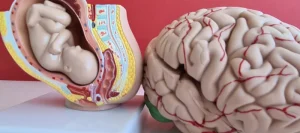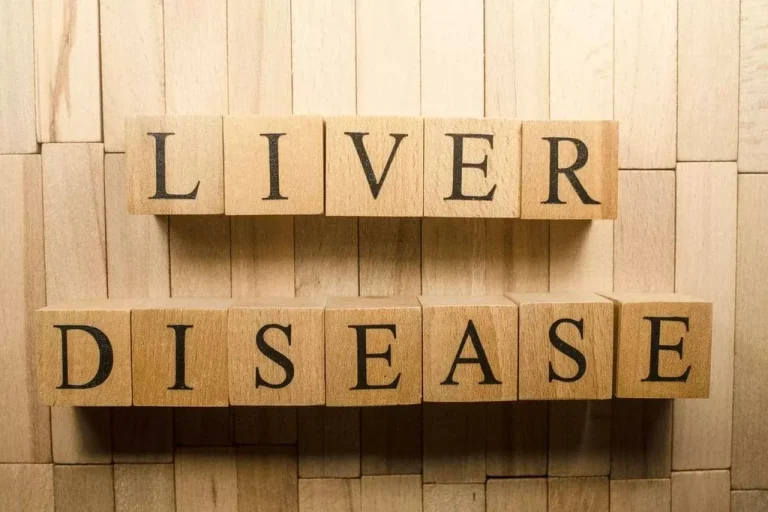
People with alcohol use disorder (AUD) cannot control how much they need and desire alcohol and, as a result, consume it in amounts that can lead to severe health issues. Genetics may make some individuals more susceptible, but a person’s environment plays an important part. Alcoholism, now known as alcohol use disorder, is a condition in which a person has a desire or physical need to consume alcohol. Treatment can include counseling, medications, residential programs, and support groups. Someone with an alcohol addiction who has remained sober for months or years may find themselves drinking again. They may binge drink once or drink for a period of time before getting sober again.

Post-acute withdrawal
Continuing to drink exacerbates nerve damage and prevents recovery. Abstinence halts the progression of neuropathy and allows the body to begin repairing damaged nerves. The primary cause of alcoholic neuropathy is the toxic effect of alcohol on nerve tissue. Chronic alcohol abuse also leads to poor nutrition, exacerbating nerve damage. Alcohol interferes with the absorption and metabolism of essential nutrients vital for nerve health, such as vitamin B12, thiamine, and folate. Over time, the cumulative effect of these nutritional deficiencies and the direct toxic impact of alcohol leads to the development of alcoholic neuropathy.
What is unhealthy drinking?
Simply understanding the different options can be an important first step. While we are unable to respond to your feedback directly, we’ll use this information to improve our online help. We shadow our clients on their journey to recovery; understanding their addiction history and working in unison to create a new future – sustaining recovery and changing lives for all of our clients. Admissions can be arranged immediately and we offer 24/7 support. With your will and determination you can become alcohol free, and everyone at Cassiobury Court would welcome being part of your journey in getting there.

Alcohol Rehabilitation
- Some people are more sensitive to alcohol, and their livers react to even moderate use.
- If you think you may have a drinking problem, you’re definitely not alone.
- It offers no nutritional value and instead breaks down into poisonous chemicals.
But when alcohol-induced hepatitis becomes a chronic condition, it threatens to do permanent damage to your liver. Dehydration is caused by the body’s loss of water and electrolytes – this triggers thirst, which is a common symptom felt by people after a night of alcohol consumption. However, the recent study demonstrates that dehydration and thirst are short-lived, but the pain, nausea and exhaustion experienced during hangovers can be persistent.

- Although a complete cure is not always feasible, certain measures significantly enhance the prospects of recovery and improve quality of life.
- A heavy drinking binge may even cause a life-threatening coma or death.
- Scientists are working to develop a larger menu of pharmaceutical treatments that could be tailored to individual needs.
The point of a rehab centre is to make the detox stage a permanent state of being. As tough as detox can be, it is almost impossible to stay clean without further therapy and support. Rehab can last anything from 30 days to 90 days, depending on the severity of your condition and your specific requirements. https://ecosoberhouse.com/ It is an intense, structured experience in which you live with other addicts and take part in group counselling, as well as one-on-one sessions. You will also learn life skills and be able to avail yourself of other useful services that will help you to make a permanent life change.

In addition, 53 percent of men and women in the United States report that one or more of their close relatives have a drinking problem. When should a person seek help for a problem related to his or her drinking? The National Institute on Alcohol Abuse and Alcoholism (NIAAA) has prepared can alcoholism be cured this booklet to help individuals and families answer these and other common questions about alcohol problems. The following information explains both alcoholism and alcohol abuse, the symptoms of each, when and where to seek help, treatment choices and additional helpful resources.
How is alcohol-induced hepatitis diagnosed?
Any physical dependency issues that cause withdrawal symptoms contribute to the problem as well. The first half of the condition, Wernicke’s encephalopathy, results in the physical symptoms. The second half of the condition, Korsakoff’s psychosis, results in the psychological symptoms. Many of the signs and symptoms of alcoholism occur because of a condition called Wernicke-Korsakoff syndrome.
Having erectile dysfunction isn’t something you just have to live with. Almost all cases of erectile dysfunction are treatable, and treatment can lead to better overall physical and emotional health for nearly every patient as well as improve intimacy for couples. Yale Medicine Urology offers many advanced medical and surgical options to address erectile dysfunction.

Long-term use and abuse of alcohol can lead to even more challenges, including alcoholism, as the person is unable to control alcohol use despite negative consequences. Contact your primary care provider, health insurance plan, local health department, or employee assistance program for information about specialty treatment. Setbacks can be common, so you will want to know how they are addressed. For more information on a return to drinking, see An Ongoing Process.


